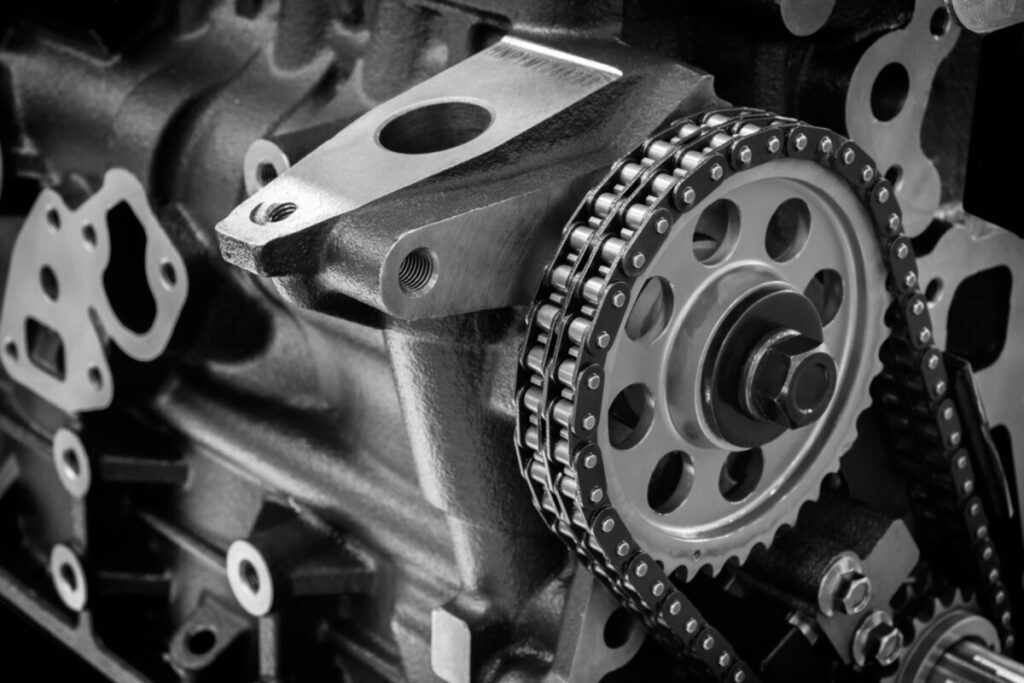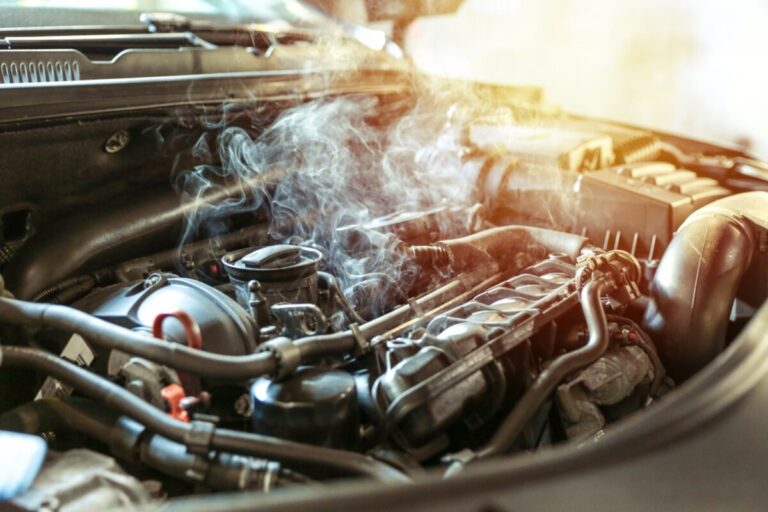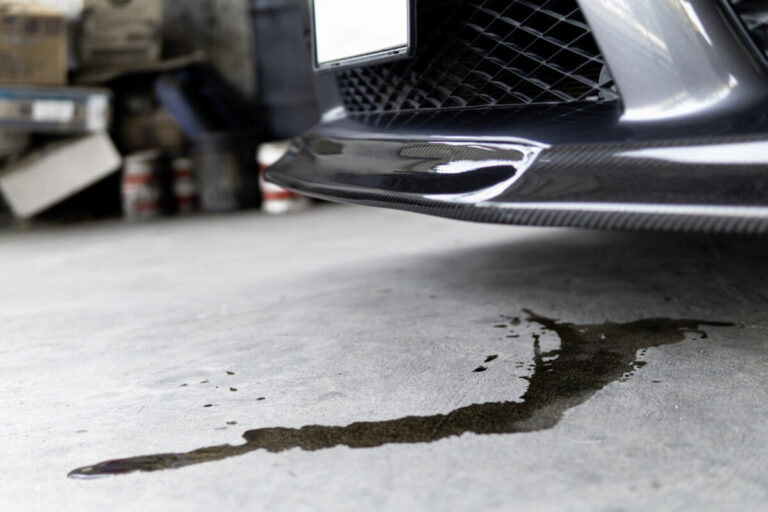Your BMW is a marvel of engineering, blending performance, luxury, and reliability. However, even the best-engineered machines require regular maintenance, and one crucial component that often needs attention is the timing chain. If you want to avoid catastrophic engine failure, it’s essential to recognize the signs of a failing BMW timing chain.
What Is the BMW Timing Chain?
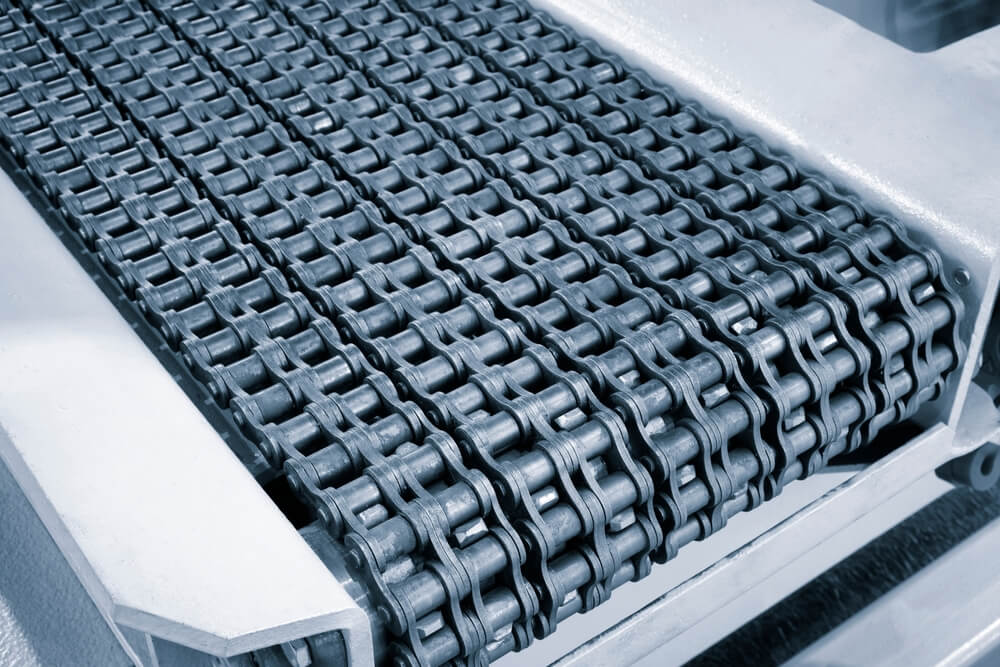
The timing chain in your BMW is a critical part of the engine. It synchronizes the rotation of the crankshaft and camshaft(s) so that the engine’s valves open and close at the correct times during each cylinder’s intake and exhaust strokes. Unlike timing belts, timing chains are designed to last the lifetime of the engine. However, this does not mean they are immune to wear and tear.
The Importance of the Timing Chain
Without a properly functioning timing chain, your engine cannot perform optimally. The timing chain ensures that the engine’s components operate in perfect harmony, providing the performance and efficiency BMWs are known for. If the chain slips or breaks, it can lead to severe engine damage, which can be costly to repair.
Signs Your BMW Timing Chain Needs Replacing
Identifying the early signs of a failing timing chain can save you from significant repair bills. Here are some common symptoms that indicate your BMW timing chain might need replacing:
1. Unusual Engine Noises
One of the most noticeable signs of a failing timing chain is unusual noises coming from the engine. You might hear a rattling or clanking sound, especially when the engine is idling. This noise typically indicates that the timing chain has become loose and is striking other engine components.
2. Check Engine Light
A check engine light can be triggered by a variety of issues, including problems with the timing chain. If your BMW’s check engine light comes on, it’s essential to have it diagnosed by a professional. The onboard diagnostics system can pinpoint whether the timing chain is the culprit.
3. Engine Misfires or Running Rough
If the timing chain is stretched or worn, it can cause the engine to misfire or run roughly. This happens because the camshaft and crankshaft are not in sync, leading to incorrect timing of the valve openings. Misfiring can also result in a significant drop in engine performance and fuel efficiency.
4. Metal Shavings in Oil
During routine oil changes, mechanics often inspect the oil for metal shavings. If you find metal shavings in your BMW’s oil, it could be a sign that the timing chain is deteriorating and breaking apart. This is a serious issue that requires immediate attention.
5. Difficulty Starting the Engine
A failing timing chain can make it hard to start your engine. This is because the engine’s timing is off, preventing it from firing up correctly. If you notice that your BMW is becoming increasingly difficult to start, it might be time to check the timing chain.
What Causes Timing Chain Problems?
Several factors can contribute to the wear and tear of a BMW timing chain. Understanding these causes can help you prevent premature failure.
1. Lack of Maintenance
Regular maintenance is crucial for the longevity of the timing chain. Skipping oil changes or using the wrong type of oil can accelerate the wear and tear of the chain and its components.
2. Poor Quality Oil
Using poor quality or incorrect oil can lead to inadequate lubrication of the timing chain. High-quality synthetic oils are recommended to ensure the chain and other engine components are properly lubricated.
3. High Mileage
As with many car components, the timing chain can wear out over time, especially in high-mileage vehicles. Regular inspections are vital to catch any signs of wear early.
Replacing Your BMW Timing Chain
If you suspect that your timing chain is failing, it’s crucial to have it inspected and replaced by a qualified mechanic. Replacing a timing chain is a complex task that requires specialized tools and knowledge.
When to Replace the Timing Chain
While timing chains are designed to last a long time, BMW recommends checking them at specific intervals, especially after the vehicle has accumulated high mileage. If you notice any of the symptoms mentioned earlier, it’s best to consult with a professional to determine if a replacement is necessary.
The Replacement Process
Replacing a timing chain involves removing several engine components, including the timing cover, and sometimes, the engine itself needs to be lifted out. This job requires precision and expertise to ensure the new chain is installed correctly and the engine is reassembled without issues.
Conclusion
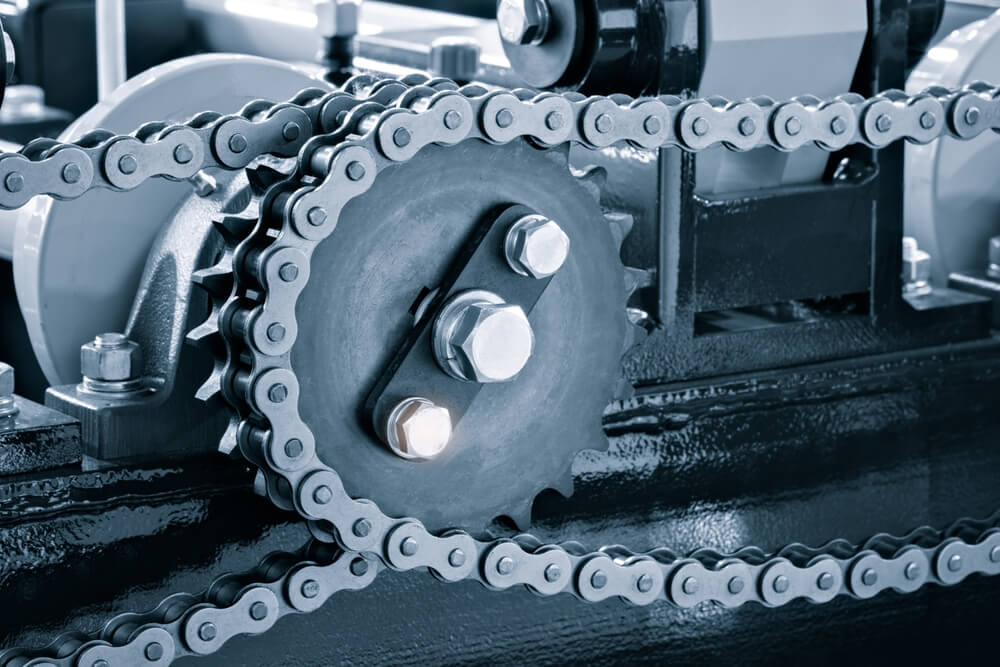
Keeping an eye on the condition of your BMW timing chain is essential for maintaining your vehicle’s performance and avoiding costly repairs. By recognizing the signs of a failing timing chain and understanding the factors that contribute to its wear and tear, you can take proactive steps to ensure your BMW runs smoothly for years to come. Contact Euroworx today to schedule an inspection or replacement of your BMW timing chain and keep your vehicle in top condition.

